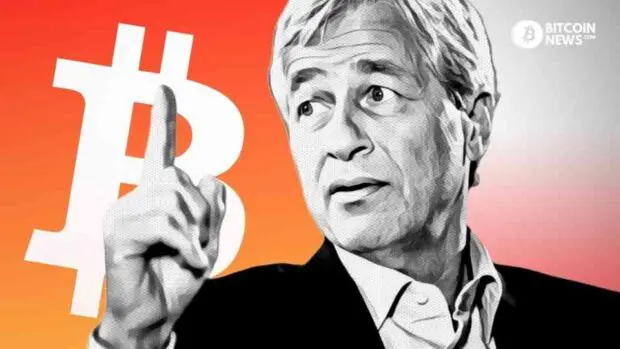This article was originally published by Nik Bhatia on his Substack “The Bitcoin Layer.”
While market participants prepare for quarter-end rebalancing, strike their balance sheets, and write quarterly investor letters, I’ll venture in a slightly different direction as we conclude March and an eventful first quarter. The death of the U.S. dollar is in the news again, but as analysts argue whether the world is ready to dump Treasuries, banks — not the U.S. government’s poor fiscal position — remain the culprit of the dollar system’s fragility. Banks bloated themselves on derivatives, swaps, eurodollars, and repo for decades, and then after issuing nearly one quadrillion dollars’ worth of liabilities, went running to central banks and governments for a public backstop in 2007. And in 2008. And 2019. And 2020. And 2023. By the way, one quadrillion dollars is $1,000,000,000,000,000.
In the most recent episode of the never-ending backstop, some banks are closing and others are squandering. But my eyes have drifted elsewhere — JPMorgan’s CEO Jamie Dimon will be deposed under oath as part of a lawsuit filed against JPMorgan for enabling Epstein’s sex trafficking, as reported by the Financial Times.

Dimon to be Deposed
On March 8th, we learned that JPMorgan was suing Jes Staley, former JPMorgan executive who went on to become the CEO of Barclays and is a known visitor of Epstein’s island. JPMorgan is scapegoating Staley for its Epstein ties, but we will learn whether or not it started and ended with Staley. On March 20th, it started to become clear to me and others that Jamie Dimon was going to have to answer for JPMorgan’s relationship with Jefferey Epstein:
From that article from 10 days ago:
A New York federal judge on Monday ruled that the U.S. Virgin Islands and women who accuse the late investor Jeffrey Epstein of sexual abuse can proceed with lawsuits claiming that JPMorgan Chase knowingly benefited from participating in Epstein’s sex-trafficking scheme.
At a court hearing on Thursday before Rakoff, a lawyer for the Virgin Islands said JPMorgan CEO Jamie Dimon “knew in 2008 that his billionaire client was a sex trafficker,” a claim disputed by an attorney for the bank.
And finally, yesterday we got confirmation that the big boss himself would be required to answer, under oath, questions related to JPMorgan, where he is CEO, and its involvement with Epstein:

I have no predictions for the results of this case, nor do I expect to suddenly receive an admission from Jamie Dimon that he was aware of his bank’s Epstein dealings. I am, however, reminded of the criminality of banks that finance and facilitate activities of the world’s scum, and the roles of JPMorgan and Deutsche Bank in Epstein’s sex trafficking operation shall see further light. This is a story that promises not to fade quietly into the night. JPMorgan and Jamie Dimon will face scrutiny at the very minimum, and I dare to ponder what else.
Scarcity First, Elasticity Next
To switch gears entirely for a moment, we mentioned how analysts are currently debating the death of the dollar — they are also debating if we have reentered a state of QE now that the Fed’s balance sheet expanded. While we have argued that the net effect of balance sheet expansion is increased liquidity, the systematic purchases of Treasuries and MBS in the pseudo-primary market continues to reverse itself via the Fed’s QT program. The Fed is desperate to keep this runoff going for as long as it can and is clearly willing to paper over it with other facilities in order to accomplish that.
The Fed is unlikely to raise rates much further, but it continues to be staunch in its inflation fight — perhaps not entirely oblivious, but FOMC members appear to be entirely willing to play the “let’s wait and see how bad this credit contraction can get” game heading into a Q2 with sticky-enough inflation, a dormant banking crisis, and one of the largest corporate layoff waves to never hit any official government employment data release.
Ok, so you have QT likely to remain. You have rates likely to remain elevated. Banks are tightening their belts. Geopolitical tensions are rising. Every day, a new corporation announces, confirms, or executes a layoff strategy. We continue to see 2023 as the year that cumulative tightening is realized by the economy, and we do believe that the events of Silicon Valley Bank and Credit Suisse are in no way idiosyncratic. This is late cycle.
Central banks will eventually respond as they always do to mark the end of one cycle and beginning of the next, but as I’ve suspected since their first paltry 25 basis point hike one year ago, FOMC members are prioritizing their reputation this time around and are possibly willing to sacrifice the economy just to dispel the “Fed put” construct. I’m talking full top-of-a-mountain, religious-figure-guided animal sacrifice. Let’s see if they flinch.










